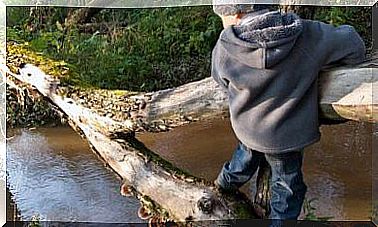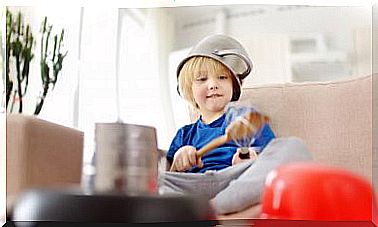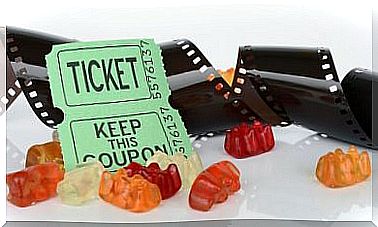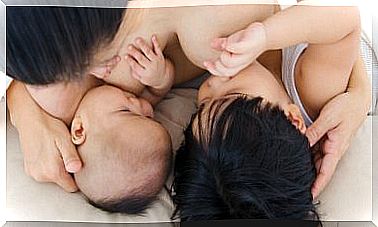Baby’s First Steps
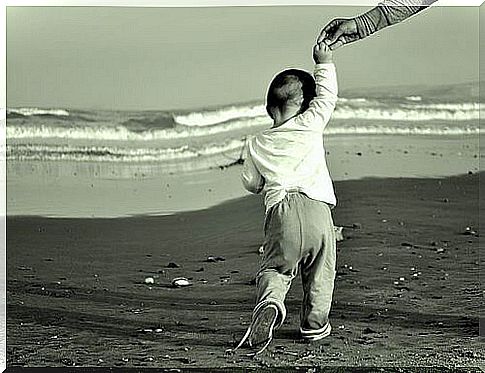
The house becomes a real mess when your little angel starts walking. When your baby takes his first steps, a revolution begins for him, because by acquiring a certain autonomy and freedom of movement, he aspires to nothing more than to discover the world that surrounds him and that includes the kitchen drawers.
Although each child develops at his or her own rate, babies usually begin taking their first steps between 12 and 14 months after they are born. Some children walk before they are 12 months old and others wait until 18 months to do so, until this age it is considered that the child is evolving within the standards considered normal. After that, it is convenient to go to a doctor to review the baby’s case.
Try to be patient, as forcing this process is also counterproductive for your baby. If you force it, your baby will surely start to walk, he will do it to respond to your wishes, but he will do it with little balance and security. On the other hand, if you are attentive to his signals, he will indicate to you through his movements if he is ready to take his first steps.
Before walking, your baby should be able to stretch his legs, he has tried to stand up on his own and has gradually done balance exercises.
Always keep in mind that learning to walk is a very complex process that requires strength, skill, balance, and proper posture. Your baby will be able to do this when his legs, buttocks and ankles are firm and his back muscles are fully strengthened.
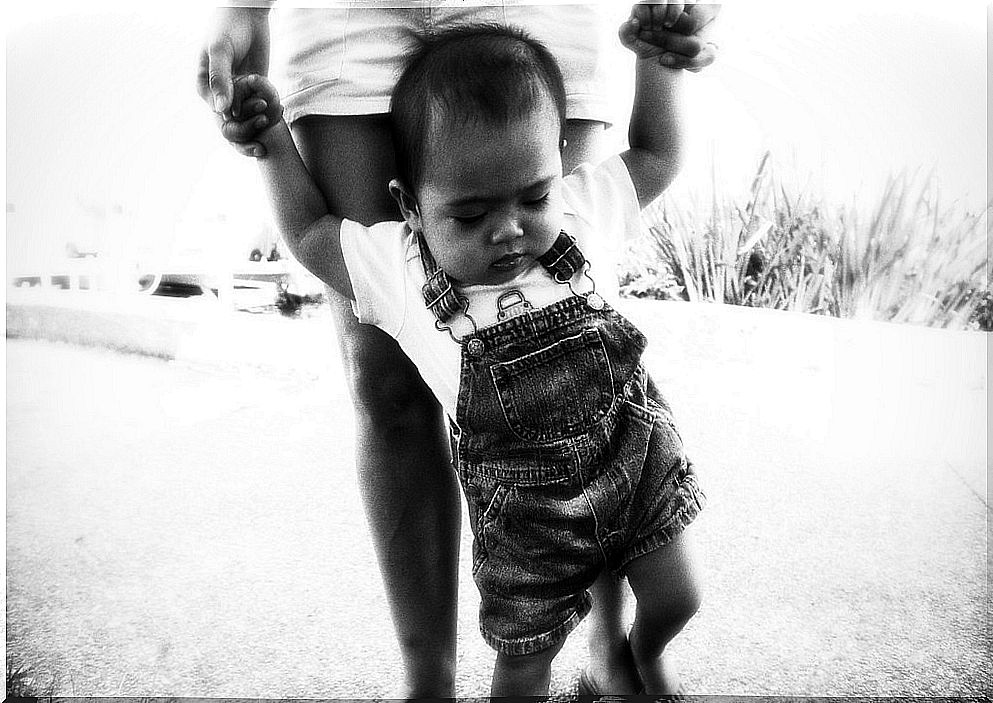
The first steps help to discover the world
Being able to walk is a very important change in your baby’s life, especially on a psychological level. Now, with the autonomy you have acquired, you will begin to explore the objects and people that catch your attention.
Little by little you will see that he will begin to go up and down the stairs, even running on them, walking backwards, jumping and climbing in everything he can. During this stage it is very beneficial that you invest part of your time taking your child to the park so that he can walk and run without encountering as many obstacles as at home.
In addition, you no longer have to wait for your mom to take care of you but you can go find her yourself if you need her and you can also get away from her and experience a little freedom.
Definitely, now your baby will discover that there is freedom, but he will also learn little by little that there are also limits. And it is that although you as a mother try to give her all the possible freedom to explore and learn, you are also more aware of the dangers she faces and you can well anticipate them, that is why many times, and even if we do not want to, at home they start to be heard more often the words: No, do not touch and be careful with that, for example. Just as you are responsible for the safety of your baby and it is no longer possible to have it as controlled as before, when it was only in your arms it is important that you establish some clear rules that it will surely understand.
These rules such as “keep both hands on the swing”, “no running in the street”, “always shake hands with an adult when you cross the street” in addition to ensuring the safety of the child who is beginning to take his first steps they are much more precise and understandable to him than commands like “slow down” or “calm down.”
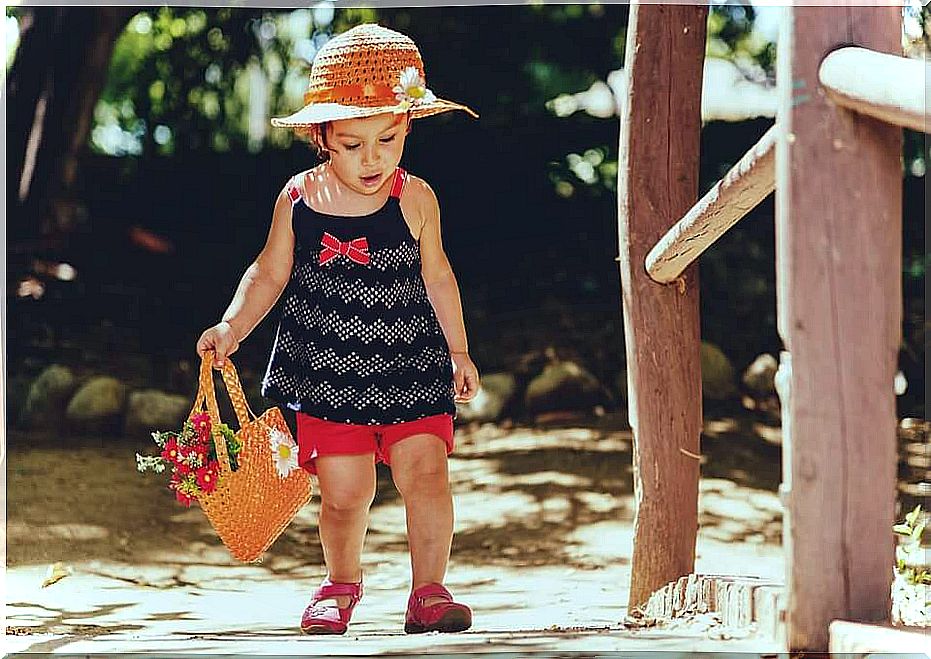
Build a safe world around the first steps
Ideally, you should also enjoy this stage in which your baby begins to take his first steps and that you offer him tools and space to exercise this new skill and develop it. It is a difficult time as parents because they must be very attentive to everything the baby does and we must also continue to give him freedom to continue discovering the world that is just beginning to reveal itself to him.
Try to come up with certain strategies to keep your child safe at home. For example, there are families that remove the ceramic and glass pieces that are used to decorate the tables and some areas of the house and exchange them for plastic toys with which the baby can play and experiment with some freedom. Then you will learn to be careful when lifting a piece of glass or ceramic because it can break and hurt you.
There are also those who place a kind of barrier in front of the stairs with which they momentarily prevent the baby from going up or down without supervision.
Using caps on electrical outlets is also a good safety measure to prevent the baby from sticking his fingers there. These security measures should not be extreme, and each family will take what it deems necessary according to the conditions of the house and what their common sense dictates. The most important thing is to accompany your baby in this new and exciting stage in which he discovers the world step by step.
